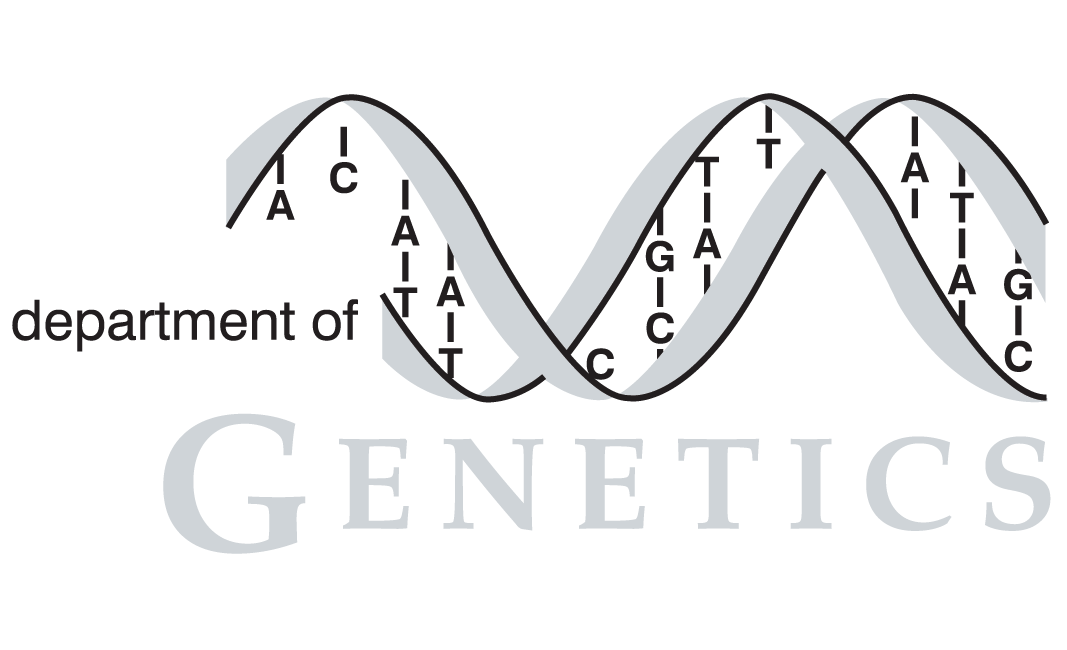| Citation | Stanley D, Chambers PJ, Stanley GA, Borneman A, Fraser S. Transcriptional changes associated with ethanol tolerance in Saccharomyces cerevisiae. Applied microbiology and biotechnology, 2010. |
| PubMed ID | 20661734 |
| Short Description | Transcriptional changes associated with ethanol tolerance in Saccharomyces cerevisiae. |
| # of Conditions | 18 |
Full Description

|
Saccharomyces spp. are widely used for ethanol production; however, fermentation productivity is negatively affected by the impact of ethanol accumulation on yeast metabolic rate and viability. This study used microarray and statistical two-way ANOVA analysis to compare and evaluate gene expression profiles of two previously generated ethanol-tolerant mutants, CM1 and SM1, with their parent, Saccharomyces cerevisiae W303-1A, in the presence and absence of ethanol stress. Although sharing the same parentage, the mutants were created differently: SM1 by adaptive evolution involving long-term exposure to ethanol stress and CM1 using chemical mutagenesis followed by adaptive evolution-based screening. Compared to the parent, differences in the expression levels of genes associated with a number of gene ontology categories in the mutants suggest that their improved ethanol stress response is a consequence of increased mitochondrial and NADH oxidation activities, stimulating glycolysis and other energy-yielding pathways. This leads to increased activity of energy-demanding processes associated with the production of proteins and plasma membrane components, which are necessary for acclimation to ethanol stress. It is suggested that a key function of the ethanol stress response is restoration of the NAD(+)/NADH redox balance, which increases glyceraldehyde-3-phosphate dehydrogenase activity, and higher glycolytic flux in the ethanol-stressed cell. Both mutants achieved this by a constitutive increase in carbon flux in the glycerol pathway as a means of increasing NADH oxidation. |
Tags
 |
Contact: sgd-helpdesk@lists.stanford.edu


